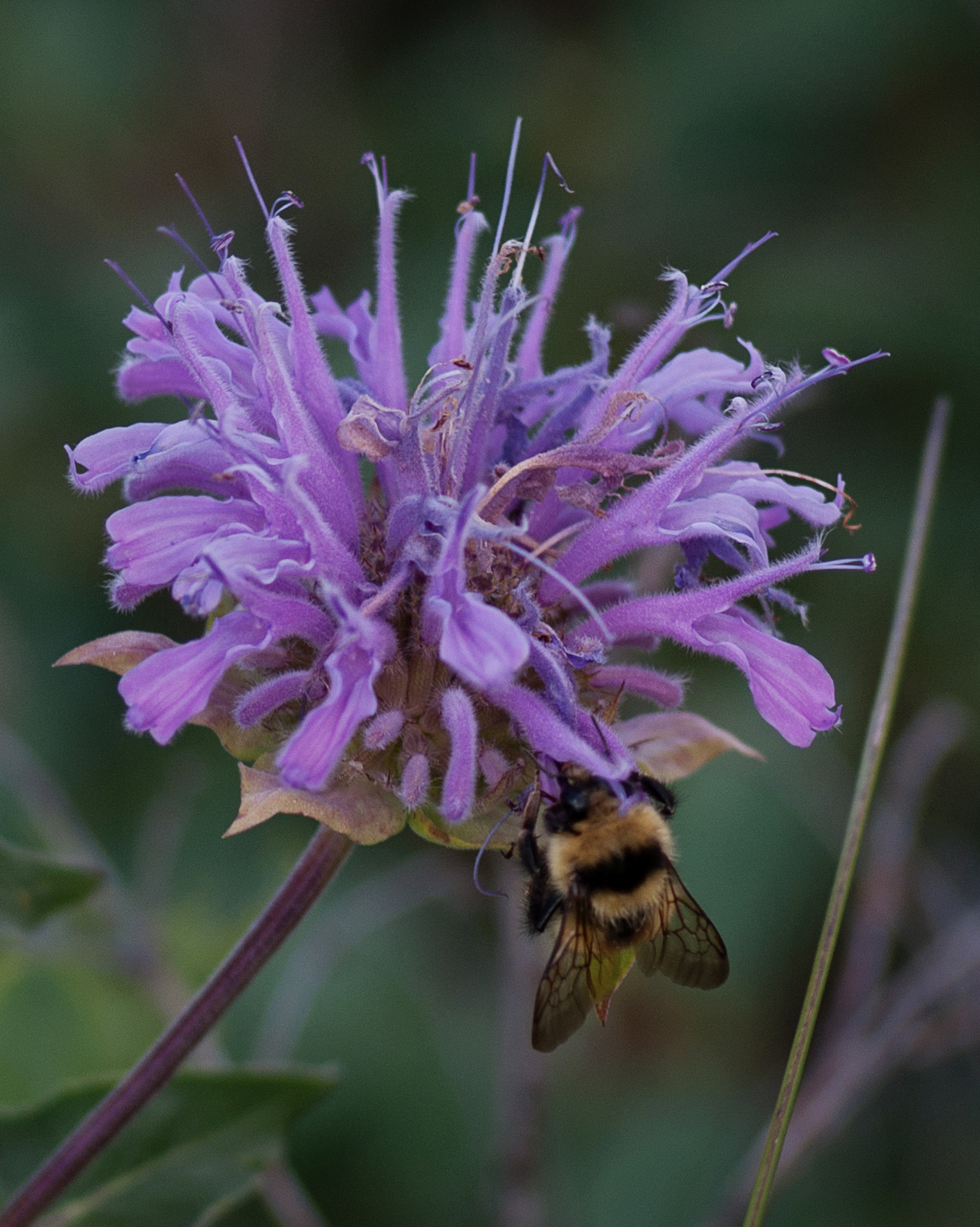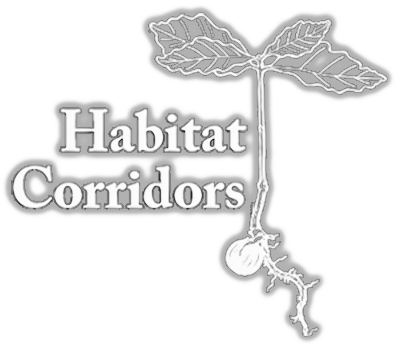Saving living space for living
things one yard at a time
Pollinator Protection
Bees, both honeybees and native species like bumblebees, are in serious trouble. Their populations are plummeting.
There are many causes for pollinator population declines — loss of habitat is a major one as are GMO corn and soybeans which allow farmers to drench fields with herbicides killing the native plants on which pollinators depend.
Perhaps you are powerless to stop those practices, but you can help the pollinators if you refuse to use neonicotinoid insecticides. These nicotine-based chemicals provide the most serious threat to pollinators.
When seeds are treated, plants are pre-treated or specimens are sprayed or injected with neonicotinoid insecticides, the pollen and nectar become poisonous like the rest of the plant. Bees visiting that plant die, become too disoriented to find home, or experience reproductive difficulties. They may lose the ability to forage or fly so that the queen and young starve in the nest. Not only honey bees and bumblebees but other pollinators like solitary native bees, butterflies, and moths are impacted.
Neonicotinoids are sold under various names, including Imidacloprid, the most widely used pesticide in the world. These chemicals are decimating bee populations and have proliferated in garden centers and nurseries. Many of the plants you purchase at big box stores and garden centers are pre-treated with these systemic poisons even though they are sometimes called "bee-friendly" plants!
Print this list (courtesy of The Xerces Society) of common garden products that contain neonicotinoids, take the list with you when you shop and don’t buy these products!
Buy organic untreated seeds and read the labels before you buy any container plants to be sure they are not pre-treated.

